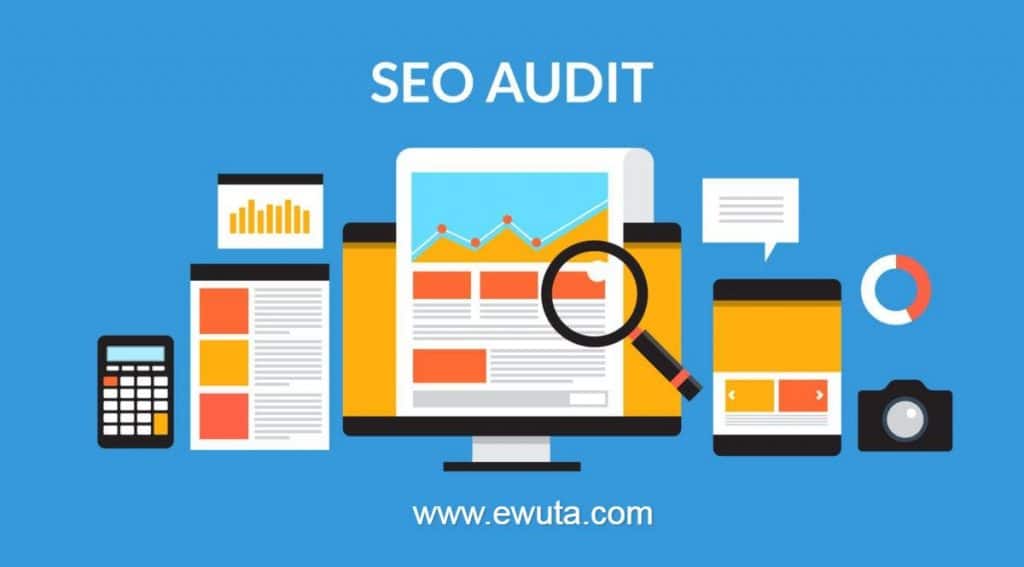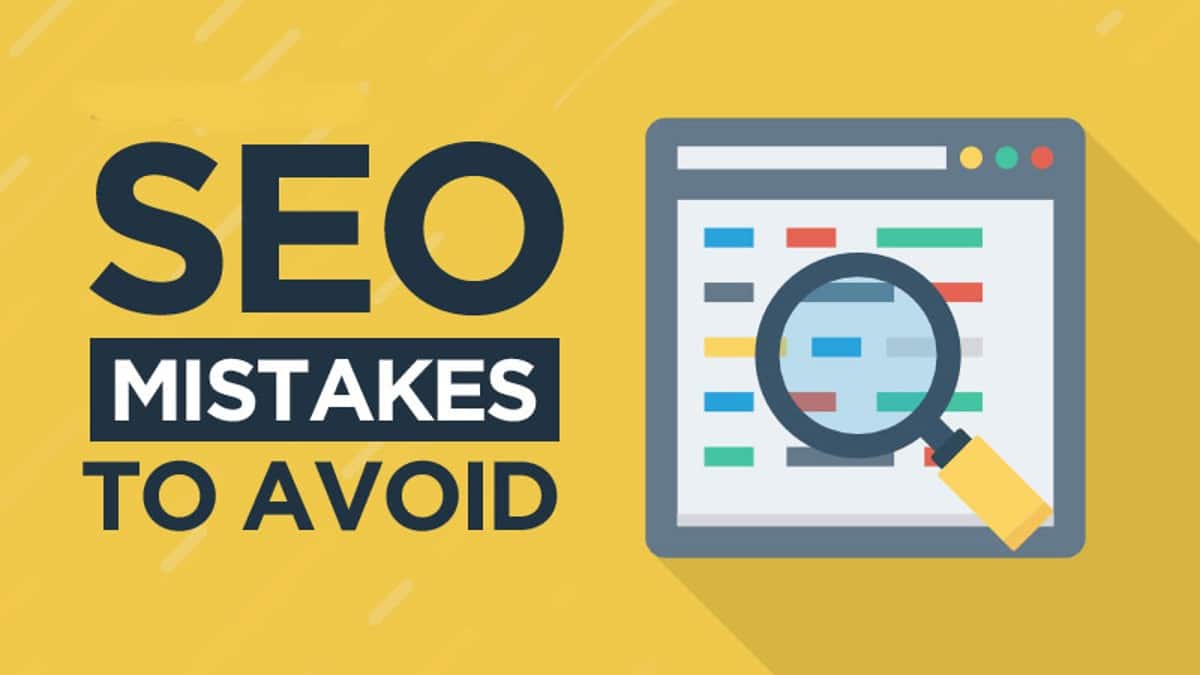When an SEO agency performs an SEO audit, you mainly analyse the online presence of your website to assess its performance. It is possible to obtain the desired results only if you adopt the best practices to form a comprehensive SEO strategy.

Similar to a financial audit, an SEO audit serves the purpose of finding strategic problems with the search engine performance of your website. With this information, it is possible to make favourable changes that help your website gain higher rankings. When the best SEO company performs an SEO audit they follow the following steps for an SEO audit.
Following are the Steps for SEO Audit to rank better:-
1. Check the Headers
Search engines search for copies that come in a larger format than the remaining text, which is not the same as font size. Such tags mainly set apart significant books on the coding level to let search engines crawl your site and effortlessly decide what your content’s focus is. There are six sizes of available headers, with the most significant being H1 and the smallest being H6.
2. Improve Information Architecture
Information architecture is a reasonably broad term that essentially means, “The way information is ordered/structured.” In the context of an SEO audit, this implies redistributing the structures of internal linking on the website to transfer equity to any page that requires it.
3. Maintain Content
A web page will get no position in the SERPs (Search Engine Results Pages) if it has thin content. The 2011 Panda update of Google Algorithms, which cracked down on the sites with such thin content, ensured that.
“Thin” content refers to content failing to cater to user needs. For example, a 300-word blog post talking about a complicated concept is considered thin. But then again, it’s not practical to stuff 2000 words on every page of a site. You can even have a look at the site like doe to get an idea about standard content for your site.
4. Ditch Duplicate Content
When searching for copied content, you need to look at the same subsets of your website that you checked while looking for thin material. Individual SEOs get upset with duplicate content as well as the possible penalties that the sites might incur due to that.
Google gets to know whether or not you are maliciously and intentionally using duplicate content on your website to block the SERP with the URLs of your site. In all probability, you are not. If your site has duplicate content, it is happening unknowingly. Your Content Management System (CMS) might be generating new web pages that happen to appear similar.
5. Mandatory Keyword Optimization
Just like you need to ramp up thin content, there exist a few pages on websites where it might not be feasible to optimise the targeted or ancillary keywords completely. For example, if you schedule for a software company, you must have inserted “employee scheduling” right on your homepage numerous times.
The keyword with the highest volume as well as the lowest competition that relates to “employee scheduling software” is the “best employee scheduling software.” It is evident that you want to rank for that, but it’s perhaps not a very sensible scheme to write “we’re the best” right on the homepage. Such keywords look best on a blog post.
6. Crawl your website
One of the crucial steps of an SEO audit is to crawl your website. It can help in identifying several issues with your website. Tools like Webmaster tool can help you in crawling your website easily. These tools help a lot and save a lot of your time as well. You need to just put in your site’s URL and let the tool do the work. Check whether your website is indexed or not. You can check it by Google Search Console > Google Index > Index Status.
SEE ALSO: 5 Best WordPress SEO Tips for Boosting the Search Ranks
7. Keep track of traffic
Based on the type of company you own, site traffic may widely vary – there indeed is no defined number of visits that must be gained; traffic volume changes by industry, target market, and kind of website. Organic traffic is much more likely to have a better percentage of conversions since those visitors are theoretically motivated to consume your content.
Look for average site traffic throughout the last year and find out the monthly average. Then, check the amount of site traffic that has grown since last year on your site. To keep in track your website traffic and to see who all are visiting on your website you can use several web tools will help you to monitor your organic traffic.
8. Conversion Rates
Conversion rate calculates the number of users completing a particular activity on a website in comparison to the total visitors on your site. For example, it could be submitting an online form or agreeing to receive newsletters. A conversion rate higher than 3-5% is commendable.
9. Time Spent on Site
The duration of a session conveys a lot regarding your website. It is not available on every CMS. Therefore, it might be required to look somewhere else for this kind of analysis. Google Analytics is advised to obtain such data and more.
10. Know Your Visitor Source
Check CMS for data on sources of traffic. How you evaluate these data will rely on your specific company or business, but this is helpful information while carrying out a site audit.
11. Social Optimization
The most straightforward part of site audits is evaluating if visitors have the option of sharing your content with others. It mainly happens through social media channels. Allow all original content to be shareable through social media. ‘Email to friend’ options are popular as well. You might want to hire an SEO Analyst or agent anywhere close to your business location to help you go about with it.
12. Improving user experience
User Experience matters a lot and for that, your web site should have a good loading speed. Using servers with better upload speeds will solve most problems in this regard. Tools for Checking Website performance: e tools like Google Page Speed or GTMetrix.
Things change rapidly in the world of digital marketing, and you need to maintain the pace of your SEO strategies if you want to be ahead of others. SEO audit is the best way to analyse the performance of your website and its ranking to understand what needs to be done to rank well.



